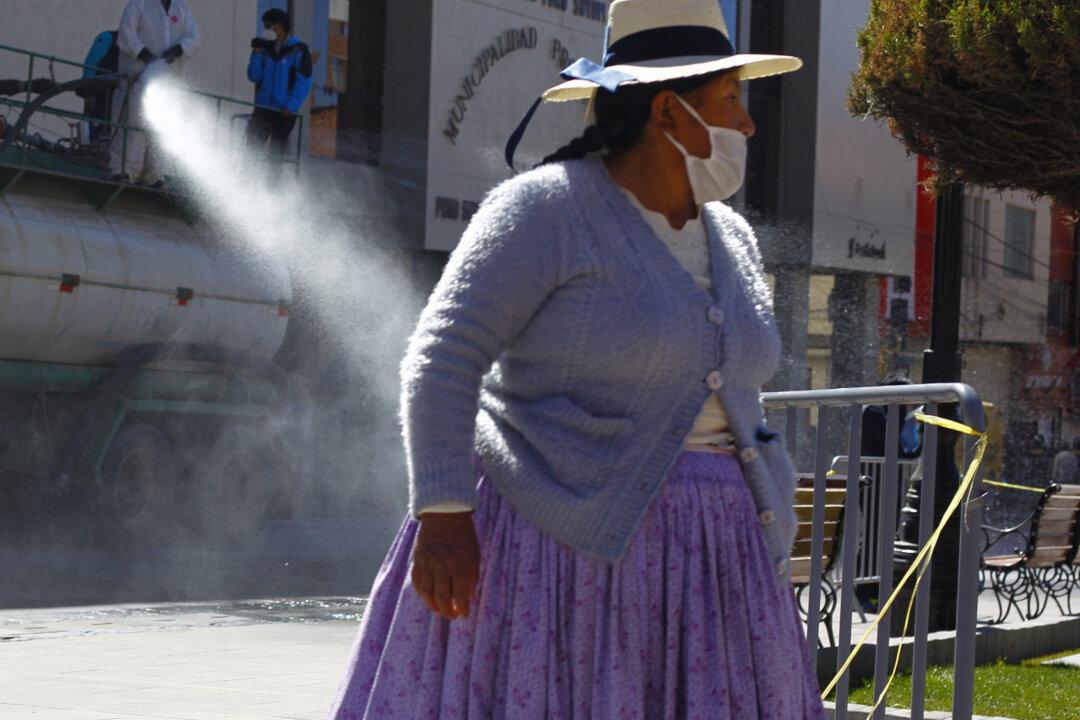Commentary
In June, Latin America became the center of the CCP virus pandemic. Peru is the second-most hard-hit country in Latin America after Brazil.

In June, Latin America became the center of the CCP virus pandemic. Peru is the second-most hard-hit country in Latin America after Brazil.